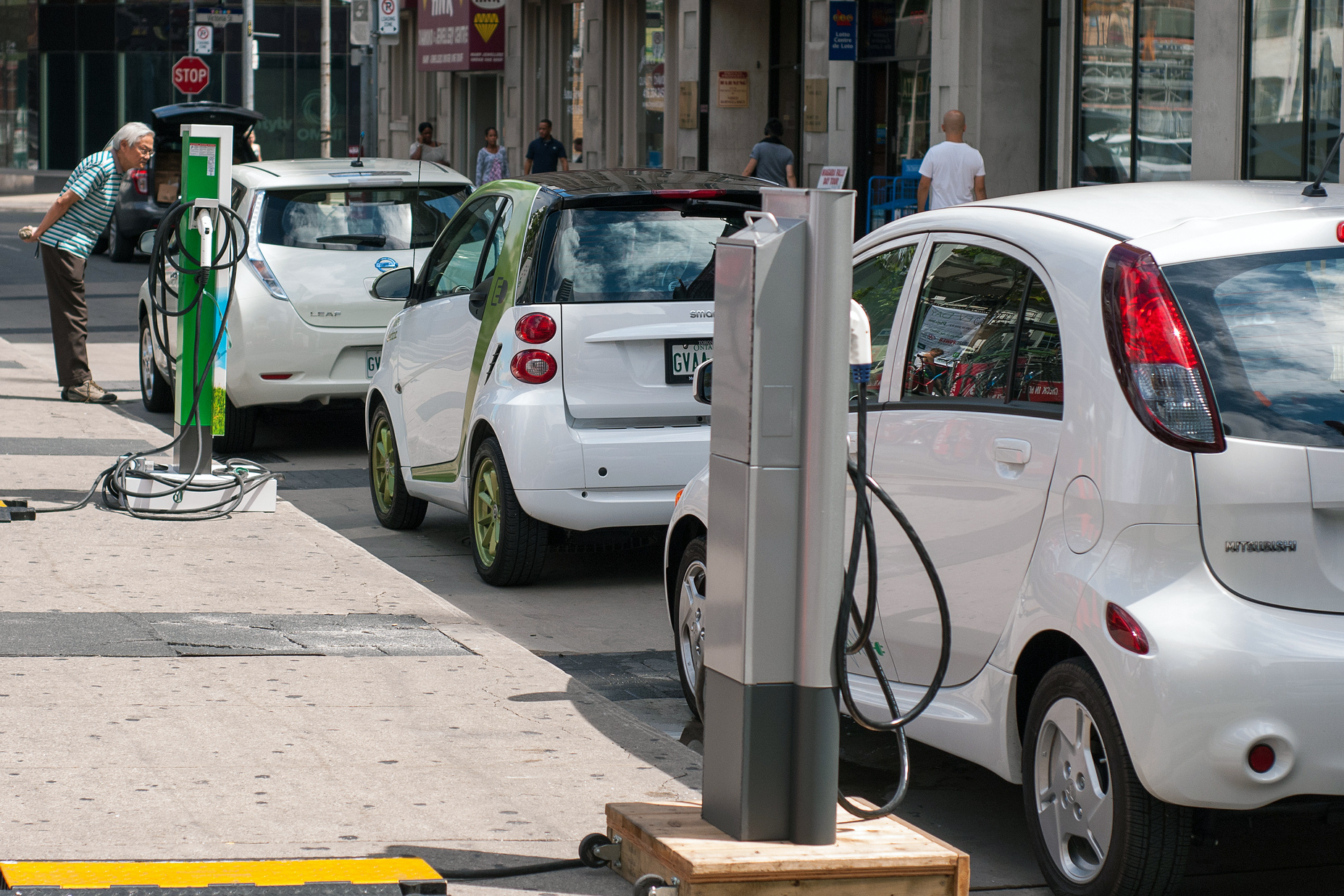DoE Scientists Confirm Entry-Level Electric Cars Meet 85% of Driving Requirements Despite Capacity Loss
- 15/09/2015
- Transport
- Posted by Tessa Romarez
- Leave your thoughts
All electric cars, even those in the entry-level, no matter what brand, are capable of meeting 85% of driving needs says scientists in the US Department of Energy.
It is given that an electric car runs out of ‘gas’ because as it is driven over a certain period of time, its battery discharges. The EV can only run again if its battery gets fully charged.
Inevitably, there are bound to be certain chemical changes that happen inside the cells of the battery with the continuous charging and discharging of the battery pack – thus, the eventual degradation of the battery and its life.
At present, there is an increasing interest in the car industry as well as the mainstream press regarding how healthy the battery packs of those cars are after being driven for tens or even hundreds of thousands of miles. This interest was spurred with the popularity of electric cars such as the Chevrolet Volt and the Nissan LEAF.
The concern was centered on the cost of replacing these battery packs when they have already spent all their juices. There were also some interests given as to how functional EVs are in daily driving as the batteries lose from 10 to 20 per cent of their original storage capacity.
This concern is somewhat mitigated because of the offering to Nissan Leaf and e-NV200 electric van drivers. These drivers now can choose to buy a replacement battery pack for the cost of $5,500 (€5,000) once their original batteries have used most of their energy.
With the study conducted by the Department of Energy’s Lawrence Berkeley National Laboratory, it is now proven quantitatively that the loss of energy capacity should not be a major concern.
In a detailed blog post on the DoE website, these scientists examined the effects of battery loss on EV battery packs by plotting it against real-world driving habits in the U.S.
Their analysis reveals that even in old EVs with limited distance ranges, such as the 2011 Nissan Leaf, a battery capacity loss of 20 per cent still means the car can satisfy daily driving requirements of over 95 per cent of U.S. drivers.
It is needful to note here that the Nissan Leaf has an EPA mileage rating of only 73 miles per charge – an average rating for all electric cars.
The DoE scientists have also proven that even if an electric car loses an equivalent of 50 per cent of its storage capacity, it could still satisfy more than 80 per cent of U.S. drivers’ daily driving requirements.
Their findings squarely disproves the false notion that electric battery packs will be useless for everyday driving once they have consumed more than 30 per cent of their original battery storage capacity.
Unfortunately, many non-electric car drivers are still holding on to this false assumption. Perhaps, the next best thing for the government to do, if it really wants a mass deployment of EVs in the US is to drum up these recent findings of DoE scientists.

